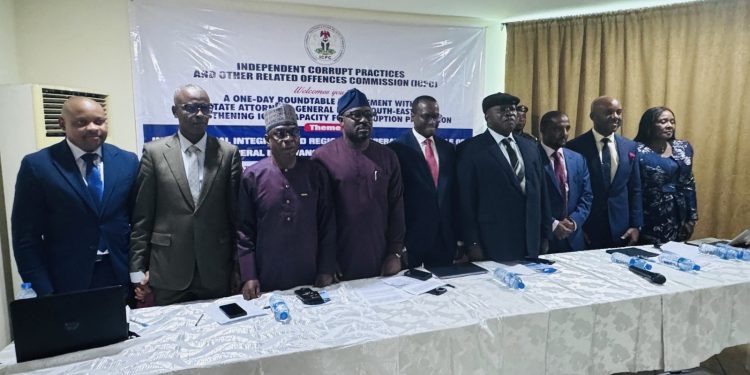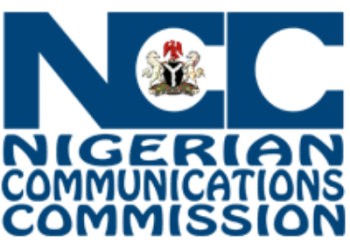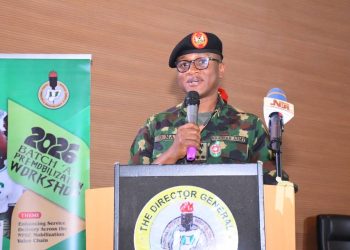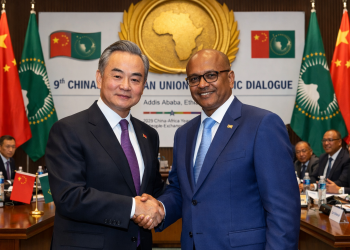By Nkechi Eze
In a bold push to strengthen Nigeria’s anti-corruption architecture through intergovernmental collaboration, the Independent Corrupt Practices and Other Related Offences Commission (ICPC) on Wednesday convened a high-level roundtable engagement with State Attorneys-General from the South-East region. The meeting, held in continuation of a series of zonal consultations, is part of the Commission’s broader strategy to align federal and state-level legal efforts in tackling corruption.
According to a statement issued by the ICPC’s spokesperson, Demola Bakare, the engagement is geared toward fostering synergy between the Commission and state legal authorities in enhancing preventive, intelligence-based, and policy-driven approaches to corruption control.
Welcoming participants to the session, ICPC Chairman, Dr. Musa Adamu Aliyu, SAN, stressed the urgent need for mutual cooperation and institutional alignment in the anti-corruption campaign. He noted that the South-East meeting follows earlier engagements in the South-South and North-Central regions, and precedes the Commission’s forthcoming second national anti-corruption summit scheduled later this year.
“This engagement,” Dr. Aliyu stated, “is designed to deepen collaboration, enhance intelligence sharing, and align our strategies with both regional peculiarities and national priorities.”
Opening his remarks on a solemn note, the ICPC Chairman paid tribute to the late former President Muhammadu Buhari, GCFR, who was buried on Tuesday, describing him as a “moral compass” whose legacy in the anti-corruption space would remain indelible in the nation’s history.
Dr. Aliyu tackled the lingering jurisdictional friction between state and federal anti-corruption mandates, citing landmark Supreme Court judgments in AG of Ondo State v. AGF & 35 Ors (2002) and the more recent Kogi State & 18 Ors v. AGF (2024) to affirm the constitutional powers of the ICPC to investigate and prosecute corruption across both state and federal structures.
“It is counterproductive when state legal officers continue to challenge powers that have been affirmed by the highest court in the land,” he asserted. “As Chief Law Officers, your primary duty is to uphold the sanctity of Supreme Court decisions.”
Calling for an end to institutional resistance and jurisdictional rivalry, he urged State Attorneys-General to view themselves as partners in a unified mission. He emphasized the Commission’s growing emphasis on prevention strategies over enforcement and challenged the Attorneys-General to serve as not only legal advisors but also as leading advocates for transparency and justice in their respective states.
“The synergy between the ICPC and State Attorneys-General is not just desirable but essential,” Dr. Aliyu said, noting that greater cooperation in intelligence sharing, asset recovery, and legal reform would yield transformative results.
He urged participants to engage fully in the roundtable discussions, noting that the insights shared would shape policy and strengthen the Commission’s national mandate.
Delivering the keynote address, former Attorney-General of Kano State, Dr. Ibrahim Mukhtar, highlighted corruption as the root cause of Nigeria’s most pressing development challenges—including poverty, unemployment, infrastructure decay, and insecurity.
“Corruption is not abstract. Its consequences are real and devastating,” he said, calling for the creation of state-level anti-corruption forums chaired by Attorneys-General, supported by ICPC, civil society organizations, and relevant ministries. These forums, he said, would act as collaborative think tanks to design context-specific strategies and share innovative practices in the fight against corruption.
“We must create platforms that produce a combined effect greater than the sum of our separate efforts,” he concluded.
In a goodwill message, Chairman of the Senate Committee on Anti-Corruption and Financial Crimes, Senator Emmanuel Udende, pledged the Senate’s legislative backing for subnational efforts to prevent corruption. He commended ICPC for its consistency and proactive leadership, describing the roundtable as a crucial step toward harmonizing federal and state anti-corruption agendas.
“The work of the Attorneys-General goes beyond prosecution; you are custodians of justice and public trust,” he said. “Your collaboration with the ICPC is key to deepening the reach of the National Anti-Corruption Strategy.”
Also speaking at the event, Chairman of the House of Representatives Committee on Anti-Corruption, Rt. Hon. Kayode Moshood Akiolu, affirmed the National Assembly’s unwavering support for ICPC’s mission. He urged State Attorneys-General to fully deploy their legal and moral authority against corruption, stressing that public officials must choose to either be defenders of the rule of law or enablers of impunity.
“Corruption is the stone tied to our feet as we try to march toward development,” he warned, calling it Nigeria’s greatest threat to progress.
Hon. Akiolu further reiterated the National Assembly’s commitment to using its law-making and oversight powers to advance accountability and strengthen governance structures across the country.
The engagement marked a milestone in ICPC’s campaign to decentralize the anti-corruption effort, promote institutional harmony, and create a more transparent governance culture across all tiers of government. With the second national anti-corruption summit on the horizon, the outcomes of the roundtable are expected to feed directly into shaping a more robust and inclusive anti-graft agenda for Nigeria.
















